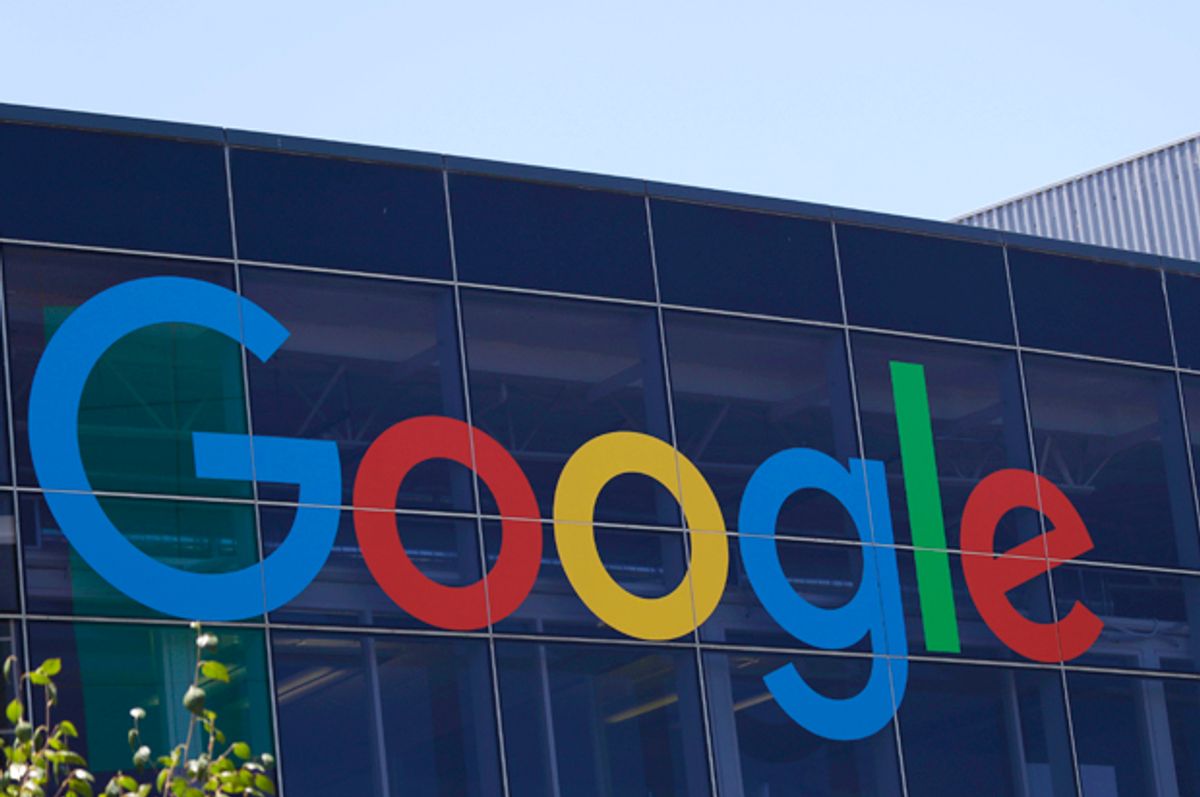Google has become the latest American technology company to disclose that it allowed user accounts apparently operated by Russians to purchase advertisements targeting last year's presidential election.
According to a report in The Washington Post, Google's investigation into the scope of Russian advertising purchases is just in its beginning stages. The newspaper reported that Google utilized software development tools from Twitter to connect to the social media company's database to cross-check its advertiser list.
The currently known number of ads cost less than $100,000, according to the Post.
“We have a set of strict ads policies including limits on political ad targeting and prohibitions on targeting based on race and religion,” a Google representative said in a statement released after the Post's story was published. “We are taking a deeper look to investigate attempts to abuse our systems, working with researchers and other companies, and will provide assistance to ongoing inquiries.”
While other web companies (particularly Facebook) have faced criticism from Congress for their role in spreading fabricated or grossly exaggerated political news stories, Google has received comparatively less public scrutiny, despite the fact that hackers that are widely believed to be connected to Russian intelligence operators took advantage of a security flaw in a Google web service to hack journalists.
Within the much-smaller world of web advertising and publishing, however, Google's advertising practices have long been controversial.
In December, Google was revealed to have been the victim of a massive-scale fraud operation that utilized computer programs to falsely tell advertisers that they were purchasing ads on premium web properties when their sponsorships never appeared on them. Those efforts, according to the security firm that discovered them, do not appear to have been related to the 2016 presidential election. Google announced a refund program in August to many advertisers who had been victimized by false "bot" traffic.
In 2017, a number of advertising purchasing companies announced they were pulling their spots from YouTube after the Wall Street Journal revealed that Google, which owns YouTube, had placed advertising spots from top companies on videos from racists and even Islamic terrorist organizations.
Responding to the boycott pressure, Google began placing tighter regulations on what sorts of videos would be allowed to earn money within YouTube. The restrictions, which have been rolling out in the last several months, have prompted accusations of bias from far-right video bloggers.
"YouTube’s new policy will completely disincentivize YouTubers from discussing politically incorrect topics or expressing controversial opinions because they know they will be punished for doing so," Paul Joseph Watson, an editor at the conspiracy website InfoWars wrote in September of last year. "Many YouTubers make a living off their channel and will therefore be walking on eggshells to avoid the company’s stringent new rules."

Shares